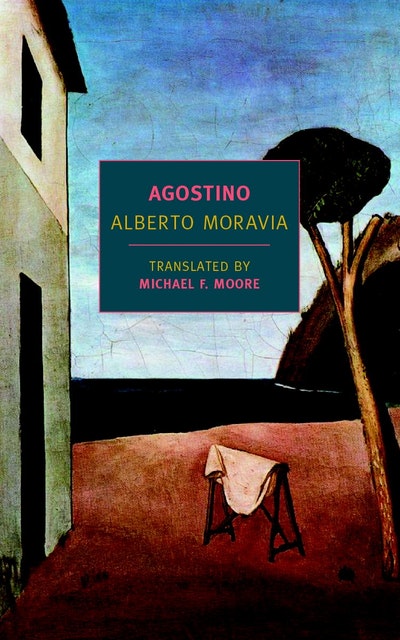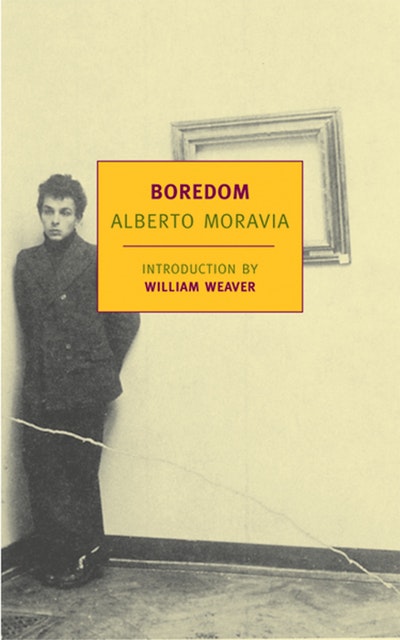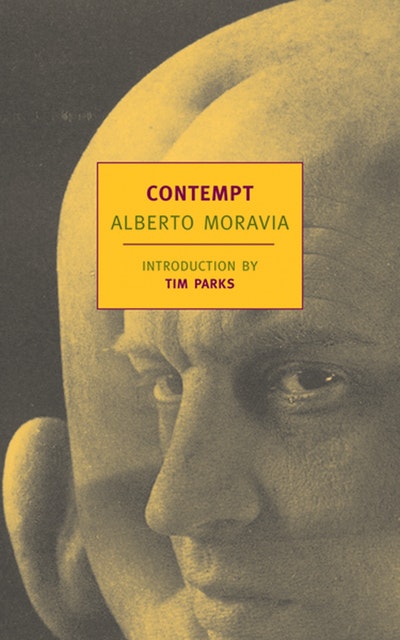- Published: 15 July 2014
- ISBN: 9781590177235
- Imprint: NY Review Books
- Format: Paperback
- Pages: 128
- RRP: $32.99
Agostino
- Published: 15 July 2014
- ISBN: 9781590177235
- Imprint: NY Review Books
- Format: Paperback
- Pages: 128
- RRP: $32.99
"Agostino is the case-study of an Oedipal conflict which manifests itself rather late by classical Freudian standards, but offers Moravia, in line with the whole tradition of the novel of adolescence in Europe, a richer, more complex subject matter to make use of than would otherwise be the case." --The Southern Review
"[P]ossibly the most stylistically brilliant of all Moravia's novels." --Ian Thompson, London Magazine
"[T]he Augustus Caesar of postwar Italian writers." --The Washington Post
"What continues to haunt us is the nostalgia and melancholy of the novelette, Agostino, and even earlier short stories like 'A Sick Boy's Winter.' In these, we hear the authentic, the inward Moravian voice, which speaks always in the plaintive tones of a sickly, mother-obsessed bourgeois boy. If we love rather than respect him [Moravia], it is for the sake of that boy, who remains alive some place deep within the successful author--despite his pathetic boasts of potency and his even more pathetic ironies at his own expense. One imagines that little Alberto Pincherle, not yet rebaptized 'Moravia,' staring forever through the iron grille which separated his family from the street, and trying to imagine what life can really be like for all those inscrutable Poor People going about their business Out There." --Leslie Fielder, The New York Times
"An expert study of an adolescent boy and the anguished processes by which he accepts the fact that his mother is, primarily, a woman." --Vogue
"The carnality that animates [Agostino] is naked and unashamed. But the reader who stays to its end will see that it is love with dross burned clean away." --William Du Bois, The New York Times






